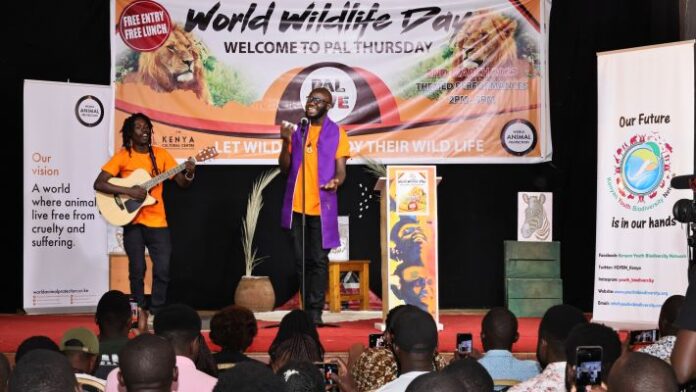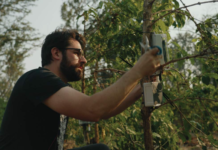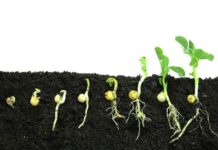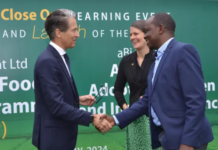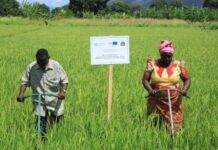Animal welfare campaign organization, World Animal Protection, is teaming up with artists and young people in Kenya to raise awareness about wildlife protection. The collaboration aims to build a movement of people to protect Africa’s wildlife from being exploited as commodities of trade. This year’s World Wildlife Day, which is being marked on 3rd March, is celebrated under the theme “Partnerships for Wildlife Conservation”.
Edith Kabesiime, Wildlife Campaigns Manager at World animal protection, said ” In this year’s celebration, we choose to work with young people who use their platforms to raise awareness and inspire action. Collaborating with artists allows us to reach new audiences and engage with people in a way that goes beyond statistics and data. By harnessing the power of art and creativity, we can inspire and create a global movement of people who respects wildlife as sentient beings and take individual and collective actions to protect them in their natural habitats where they belong”.
This year’s World Wildlife Day coincides with the Convention on International Trade in Endangered Species of Wild Fauna and Flora (CITES) marking 50 years of existence. Therefore, it comes at a crucial time to reflect on the existential crisis facing wild animals in Africa, not only from a conservation angle, but from a welfare perspective as well. The suffering that animals go through in trade is heartbreaking. They are ruthlessly captured in their habitats, crammed into small spaces in unsanitary conditions during transportation, they are then slaughtered crudely or made to live the rest of their lives tied or caged.
It is essential to recognize that wildlife trade that involves extraction of individuals from the wild or breeding them in captivity is inherently cruel and causes immense animal suffering. Wildlife trade, whether legal or illegal, has become a major threat to the survival of many species in Africa. Legal trade is generally marred with enforcement failures due to lack of capacity faced by enforcement agencies and corruption.
“From this year’s theme on partnership, I’m excited that World Animal Protection chose to work with us,” said Kennedy Odongo, the talent development officer at the Kenya National Theater. “I believe that art can be a powerful tool to raise awareness on important issues such as animal welfare. I hope that our collaboration will inspire people to take action to protect all species of wildlife. We will continue to use our Poetry After Lunch events to place animal welfare agenda at the top of people’s mind as a way of giving a voice to animals considering that there is a raft of exploitative practices that are causing so much suffering to wildlife including trophy hunting, traditional medicine and exotic pet trade.“
African governments need to take a pre-cautionary approach on wildlife trade. They need to be aware of and address the health dangers of the wildlife trade. They also need to realize that wild animals are much more valuable alive than when they are dead. There is a need to recognize the intrinsic value of wild animals, as well as their contribution to the ecosystems and the planet.
Some progressive governments in Africa such as Kenya have been praised for being champions at CITES and getting species up listed for better protection. However, there is still much more to be done. African governments are urged to address extractive practices, such as reptile farming for export for pets and traditional medicine. Kenya is encouraged to do more to strengthen enforcement to ensure that the country is not used as a hub for pangolin and other wildlife trafficking.
“On this World Wildlife Day, let us remember that wildlife trade is just cruel and subjects animals to tremendous pain during capture, transit, slaughter and in homes and commercial venues where some live the rest of their lives in misery. We need to work together to ensure that we protect them from commodification. Wildlife have a right to a wild life.” Said Edith Kabesiime when addressing attendees at the art even held at the Kenya National Theater.



